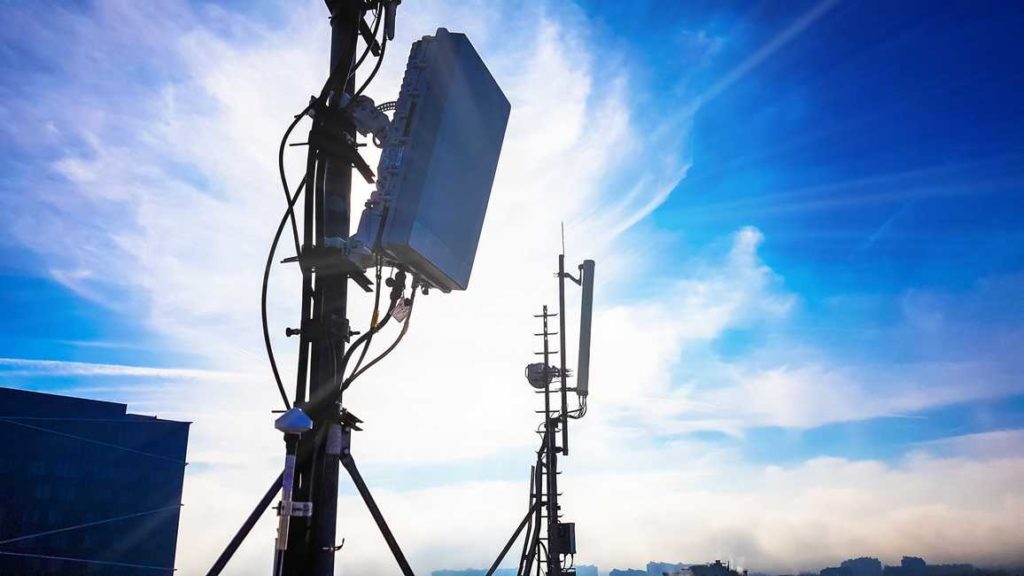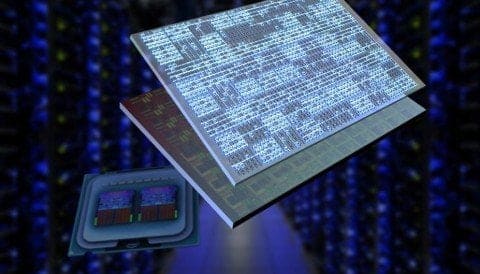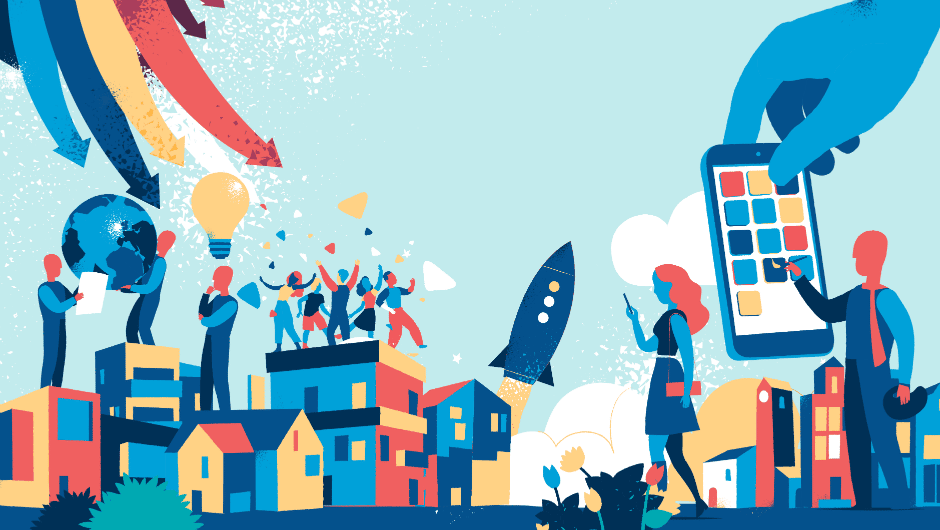It's a rule: if you want to look ahead, don't forget to look back. The past is a prologue, and one must know how to read it.
Remember the predictions about the near future we made 10 years ago? By the end of this decade we had high expectations for several things.
We had expected a rapidly growing Internet (but not the risks of stew with “splinternet”). An extensive and unprecedented miniaturization, thanks to nanotechnology. The advent of the cloud (true) which would have marked the end of physical computers (false). Display on the retina (almost true). Conversations with virtual assistants (but we hadn't expected that they recorded). An artificial brain (AI has exploded thanks to GAN, but we are still far away).
In short: the past forecasts for the near future were half true.
I don't think anyone could have predicted everything that has happened in the past 10 years. We finally said goodbye to floppies and (perhaps) 3D TVs, with all due respect to the glasses that lie in some furniture.
Cloud storage and computing are probably one of the most important technologies of the decade. Mobile broadband is taken for granted and we now watch HD videos on smaller screens wherever we are.
We lost Steve Jobs and saw Mark Zuckerberg become one of the richest and most powerful technology CEOs in the world.
Elon Musk has made its mark in electric and self-driving cars, as well as in space and solar technology. His name has gone from the mouth of a few experts to that of everyone.
Artificial intelligence is now an accepted part of everyday life, even though it is one of the least reliable technologies on the planet.
Augmented reality and virtual reality have changed the way we see the world and ourselves, but it is still lagging behind.
Next the next 10 years
Obviously, everything that has happened in the last 3.652 days has laid the foundation for what will come in 2020 and beyond. Here's what you can already see in these 11 predictions about the near future.
5G and beyond

Any threads should disappear in the next decade. Whether it's the transition to ubiquitous 5G (and 6G) or wireless electricity, power and network cables, at least for consumer technology, they will soon be a thing of the past.
In the case of 5G, competing technologies will converge into a dominant technology by the middle of the decade (if not sooner), and a single standard should accelerate deployment and adoption.
Charging… battery

Seriously, forecasts predict that scientists will reverse any drop in performance in lithium-ion battery technology over the next decade. We will see new ultra-fast charging technologies, more efficient chemical components (graphite instead of silicon) and nanobatteries that never die.
Mobile giants like Apple, Samsung, and Huawei will continue to tweak and improve AI to improve battery management on the device.
Not even the next decade should bring us goodbye to lithium-ion batteries, however. Unless the aluminum-air battery burns the stages.
Ubiquitous mobile screens

the 2020 will be filled with a wider range of mobile screen choices. We will see more flexible screens in many forms, as well as dual and triple screens (yes, just like with dual, triple and quadruple camera lenses).
Transparent screens, which thanks to OLED are already technically feasible, could finally begin to appear on some mobile devices by 2025.
Our smart homes will evolve

Despite privacy concerns, the smart home revolution shows no signs of slowing down. The biggest changes in the next decade will be in protocols and ubiquity. There will be a “single language,” a standard that will allow all smart home technologies, even competing ones, to integrate and communicate seamlessly.
By the end of the decade, intelligently introducing anything (clothing, coffee maker, nano paint on a wall) may take little more than sticking a wireless-enabled smart sticker.
To all cars, I repeat: to all cars…

Self-driving car technology and the infrastructure to support it will meet in the middle in the latter part of the next decade, with virtually all states supporting self-driving car licensing and adding autonomous vehicle lanes to give way to those who They still want to drive by hand so as not to mix too much with driverless cars, autonomous buses and trucks.
Also, by the end of the decade, at least 50% of the cars will be electric.
A decade still social

Our intense relationship with social media will make platforms like Facebook and Twitter survive in the next decade (of course they could, but it's unlikely).
Instead, just as 2019 saw the rise of TikTok, we'll see many other new platforms come and go. If I have to identify one characteristic, I would say that they will be smaller communities made up of real relationships rather than false friends and soulless "likes".
My robot friend

If Boston Dynamics' parkour-capable Atlas robot, Spot robot dog, and even Sony's new AIBO are any indication. The next home assistants could have more anthropomorphic shapes and see the advent by the end of this next decade.
They will be used primarily in the care of the elderly, and they will not be cheap: a turning point for personal robotics could be around 2035. However, the next decade will kick off this change.
The quantum decade

Quantum computing has the potential to solve human and world problems with impressive speed and power. Already IBM, Intel and Google have claimed to have achieved “quantum supremacy,” but none of them have yet managed to move quantum computers out of the labs.
In the next decade, things will also change for the quantum computer.
Hyperfast transport

While we will likely see the first Hyperloop completed by the end of the decade, it probably won't be for “mere” commuters. The 30s will be the defining decade for Hyperloop and other super transportation technologies.
This of course causes NASA's plans to take us to Mars by some years (at least in my forecast). Even for the Moon (where a mission is scheduled for 2024) I start to cultivate doubts.
Cryptocurrency still on the shields

I'm sure cryptocurrency will be an important economic and financial part of the 2020s, but I don't think it will replace any standard monetary system. My predictions for the near future are that “crypto” will become a stable platform for a wider variety of accounting systems and secure transactions.
Wearable devices will grow in importance and usefulness.

The main advantage here will be the potential ability of a device to help diagnose potential health problems. That tension between the palliative potential of modern technology and our need to live authentic lives with no digital limits will remain.
Anyone who makes you predictions about the near future saying they know exactly what will happen in technology (or in any other sector) in the next 10 years lies, and knows it, or worse: it is crazy.
I don't have a crystal ball, just my experience, my curiosity and the desire to understand how the wind of innovation blows.


